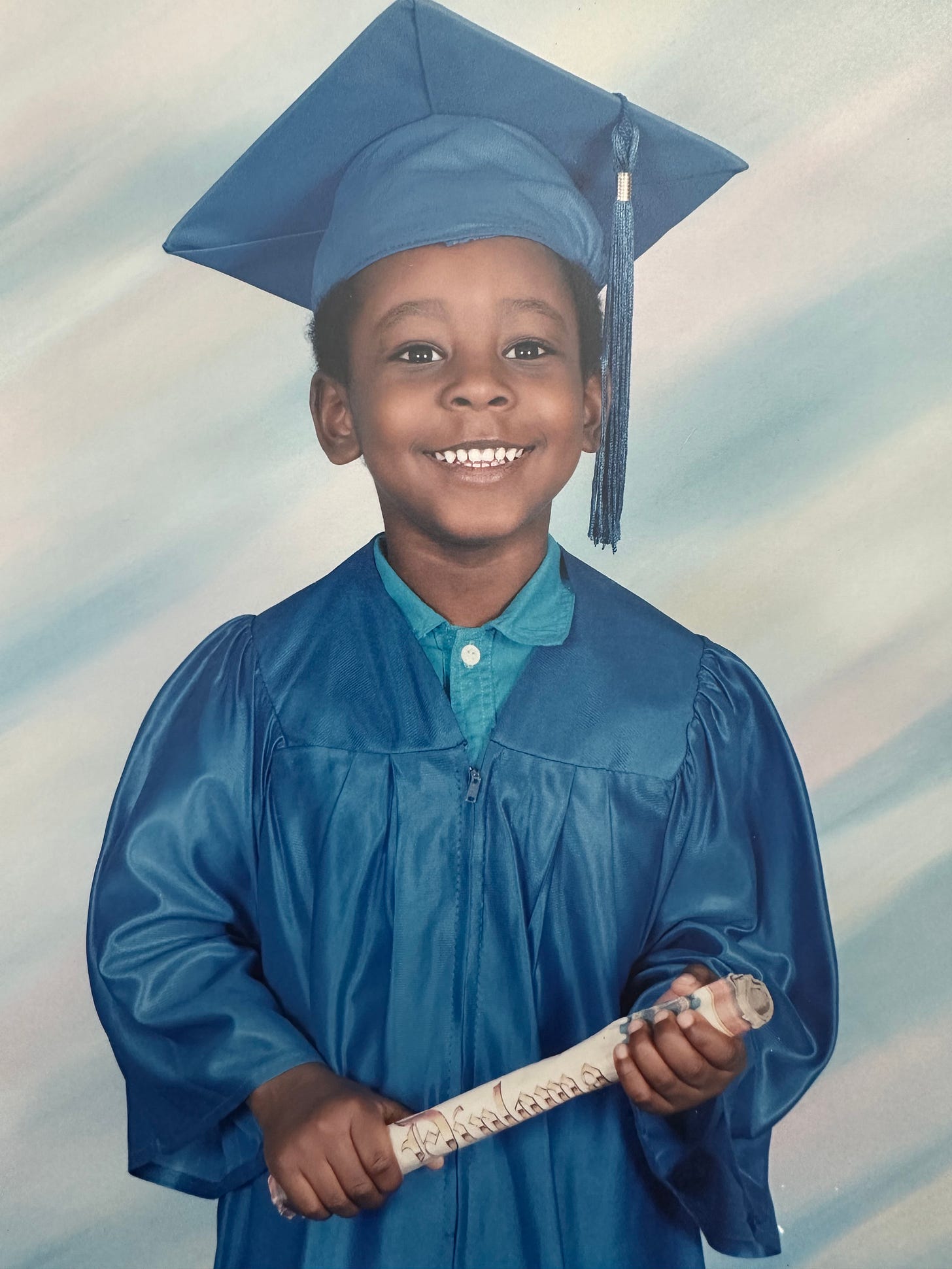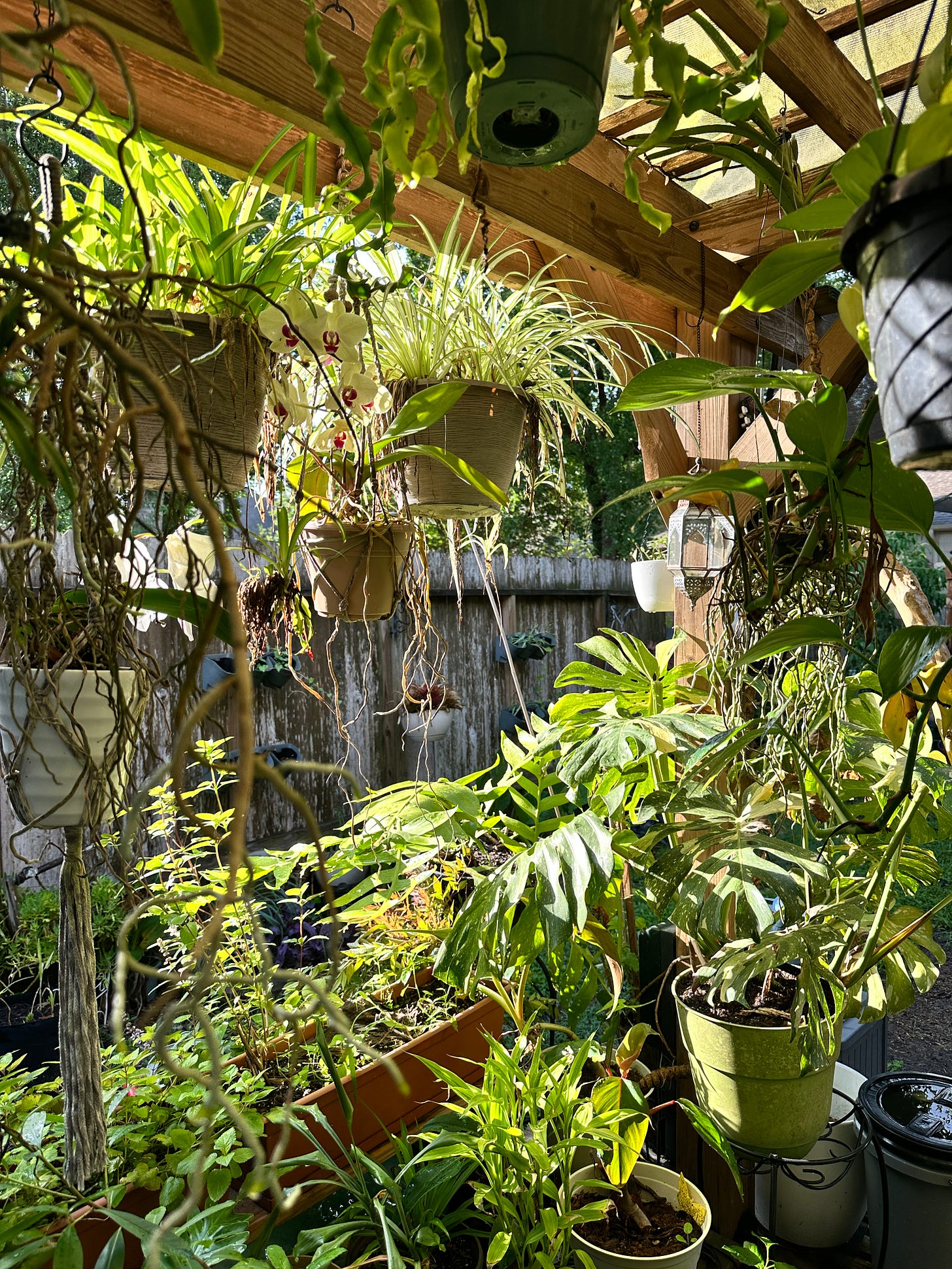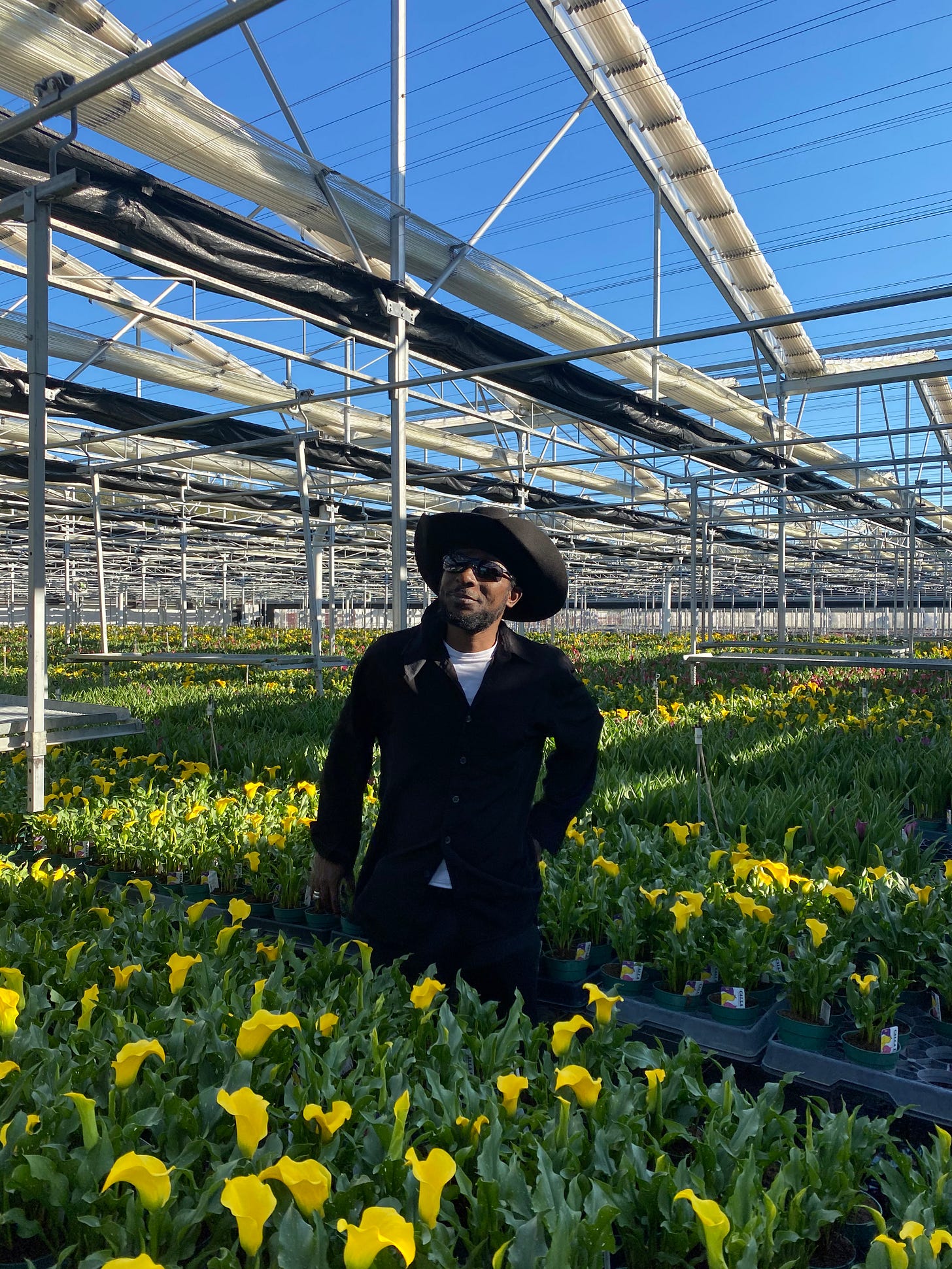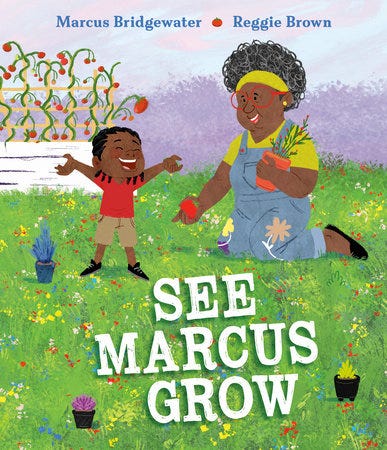For the most part, I didn’t enjoy school. I worked hard and I did well, but I spent many class periods bored, waiting for the bell. Occasionally, I loved school, and this was always because of the teacher and how they helped me engage with the material. I became an educator later in life, and I learned to articulate why some classes were engaging and others felt like a waste of time:
There is a difference between teaching and instruction.
Teachers engage individuals as pupils, and work to foster learning in their relationship. Every relationship of learning is catered to each individual, because students learn in different ways.
Instructors present information to students and ask them to memorize it. In the modern context of schooling, this process of memorization is called learning.
I often equate teaching to gardening. We can’t care for a garden based on the needs of one plant. Every plant has different needs, so we need to foster an environment where the plants can get the unique conditions they need to grow and prosper together. Additionally, two pothos plants in the same garden might grow at different rates depending on the light, water, and space they have access to – we shouldn’t condemn the one that grows slower. It is growing in the way it needs to with where it is and what it has.
A good gardener will look at each plant and care accordingly. A good teacher will do the same and make sure each student is learning.
I contrast the garden with the nursery. Nurseries are not created for plants to grow in harmony with each other. They are designed to maximize production. Every plant has an expectation of growth, and the care will be standardized and replicated time and time again so the nursery can meet its sales quotas. A long table of pothos plants sit on a table under grow-lights and irrigation systems. Any plants that are leftover after sales will be discarded (yes, excess nursery plants are often put into dumpsters or set on fire, pot and all, so they don’t hurt the market value).
The modern student is treated more like pothos in the nursery, the expectation of growth is somewhat uniform, and the outcome needs to be easily measured.
My first stint with teaching didn’t work out because I questioned the administration’s expectation of those of us who were hired as teachers for the upcoming year. I was hired as a technical director, but the school asked me to also teach a math class due to the growing district.
Although I could do math at the level I was asked to teach, I was not trained in teaching math and the additional workload would have stretched me thin. The pressures to get through the curriculum would ultimately push me to instruct, and it became clear I wasn’t a great fit for the position and the teaching environment.
There is a very real and growing pressure on teachers to complete curriculum, prioritize standardized test scores, and often do unpaid labor, even if it comes at the cost of the students’ experience and the well-being of the teacher. This is pushing more teachers to become instructors, even if it’s not how they’d like to engage their pupils.
When I was 27, a private K-12 school hired me as their technical director. After a series of promotions, the school tasked me with developing a technical theater curriculum and teaching two classes in addition to the after school technical theater program.

As the director of the program and the teacher, I had the freedom to foster an environment that catered to the students and focus on their individual growth in the program. I watched students thrive in the program, and many have told me the skills they learned helped them in college and their careers.
The point of this piece isn’t to criticize teachers who are instructing, or put scrutiny on administrations who have adopted state standards. I'm not here to push anyone to make a change from one style to another. The point of this piece is to acknowledge a trend or transition from teaching to instruction, and articulate the difference in approaches.
My favorite part of teaching was watching the students evolve and often surprise themselves with their capabilities. I actually got into gardening when working at the school turned into 90 hour weeks and I needed an outlet. Between the early hours of the morning and any free moment I had to be outside, I discovered the parallels between teaching and plant care.
Like vines that grow out of the shade and into the sun for the light needed to bloom, I watched my students overcome obstacles to flourish, and I felt myself become a better teacher.
It’s beautiful to watch things grow.
Did you have a teacher that had a profound impact on you & who you are thankful for?
Order my children’s picture book SEE MARCUS GROW! It’s available everywhere books are sold as of May 6, 2025!
Read my personal growth book inspired my plants HOW TO GROW: NURTURE YOUR GARDEN, NURTURE YOURSELF
Check out my guided journal SEASONS OF GROWTH: A JOURNAL FOR WELL-BEING INSPIRED BY TREES
Book me as a speaker for your next event! I’m experienced in speaking for corporate events, conferences, schools, universities, nonprofits, and more.












Yes, I had a 3rd grade teacher who told me that I could be myself. That we can be kind and also be strong. She didn't only say it with words. She embodied these two qualities. I loved her and she is the only teacher, in all my years from nursery to law school, who I truly remember. Ms. Baucman from PS 206 in Broooklyn, you are certainly in heaven by now... thank you for seeing me.
Marcus, as always I love how you make something so important and profound, simple. Nature is this way. It needs what it needs (basic stuff) and then it offers the most spectacular fruit. We are the same. Nature asks us not to treat a rose like a cactus, a fig tree is different than a cherry tree. Nature allows each element to be itself. Only humans try to change this for efficiency, profit, and power. The solution is not to expect the fig tree to be any other tree than a fig. And the same for us. Of course, our children prosper when we allow them to grow in their own way; to just be themselves with their unique talents and personalities and characteristics. And of course, teachers prosper when they share who they are and what they are passionate about. Asking a gym teacher to teach math is like asking a rose to be a cactus. They are both beautiful. They both belong. They both have pointy parts, but that is where the similarity ends. Can we teach our children, before all else, to love who they are and share this with the world? Can we offer these lessons to the teachers and as many humans as possible? We would all be so much healthier, and like all Nature, fill the world with an unprecedented abundance of spectacular fruit. Thank you Marcus. Sending love and gratitude, xo ps I sent you a dm when you get a chance to take a peek 💕